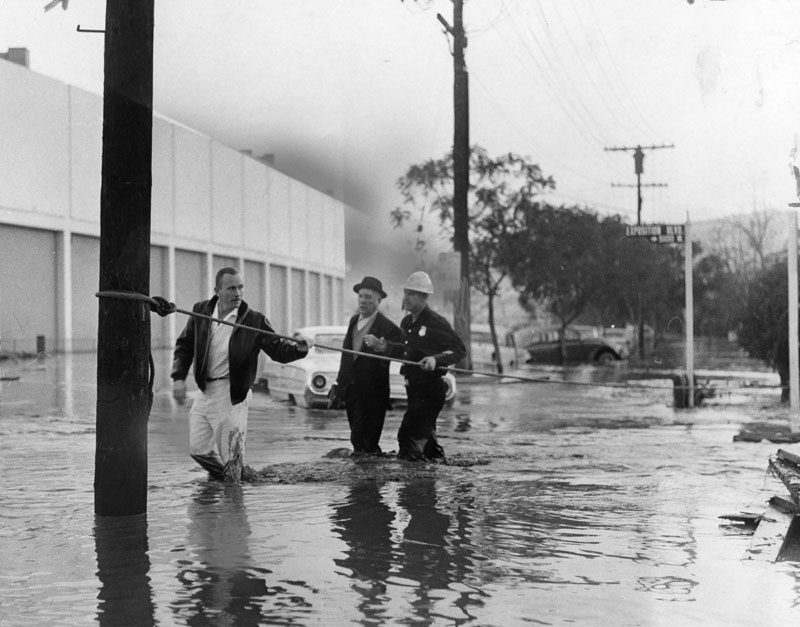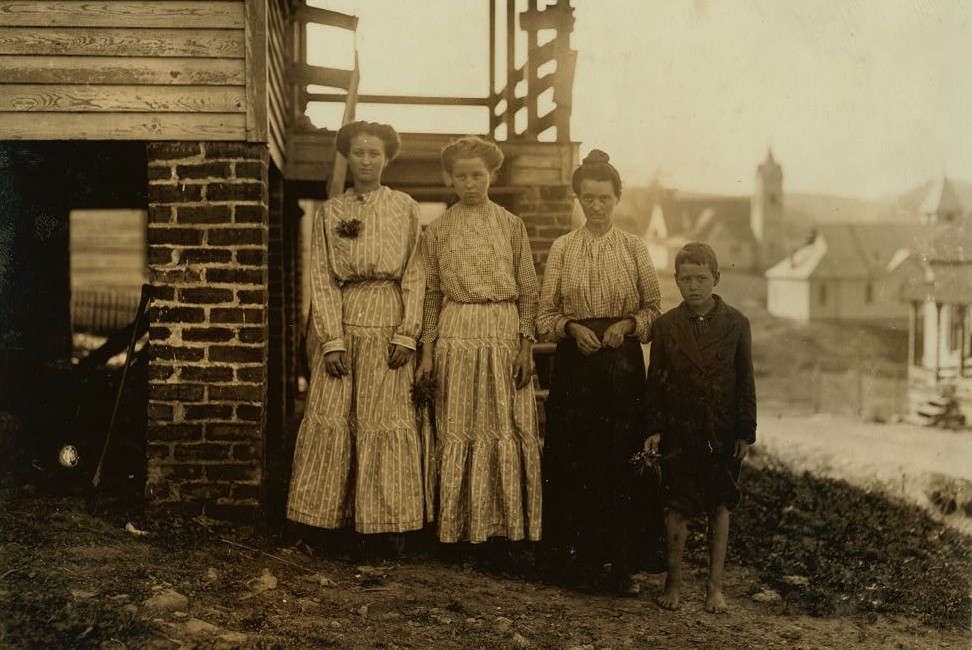DYK: Did you know?
MOOT POINT – which means and irrelevant Argument comes from the Saxon word moot or mote, which meant a meeting to discuss things. In medieval England, moots, or meets, were assemblies or councils where points of government were debated. The country was split into juridicial areas called hundreds and administered via assemblies known as hundredmotes.
The form of government has long since vanished but the term hundred is still in use as the name of the procedural device which gives consent to MPs’ resignation. British MPs aren’t allowed to resign and, when members wish to leave Parliament they may do so by applying for the notional position of Crown Steward and Bailiff of the Chiltern Hundreds. In such assemblies points which were put up for discussion were said to be mooted.
The change in meaning has come about following the introduction of ‘moot courts’, which are session where law students train for their profession by arguing hypothetical cases, that is, ‘moot points’. The lack of any substantive outcome from these theoretical cases has led to the ‘unimportant/not worth discussing’ meaning of ‘moot point’, which is what many people accept today.
Amazon.com – Read eBooks using the FREE Kindle Reading App on Most Devices
Check out all these books by Donna R. Causey
Start researching your family genealogy research in minutes for FREE! This Ebook has simple instructions on where to start. Download WHERE DO I START? Hints and Tips for Beginning Genealogists with On-line resources to your computer immediately with the a FREE APP below and begin your research today!
Reviews
“This book was very informative and at a very modest price. One web site I may have missed in your book that has been very helpful to me is genealogybank.com. I found articles about several of my ancestors in their newspaper archives. Thank you for your great newsletter and this book.”
“The book was clear & concise, with excellent information for beginners. As an experienced genealogist, I enjoyed the chapter with lists of interview questions. I’d recommend this book to those who are just beginning to work on their genealogies. For more experienced genealogists, it provides a nice refresher.”


